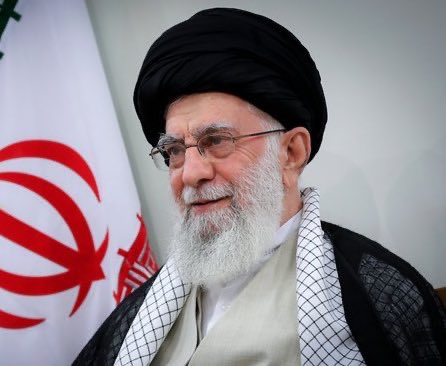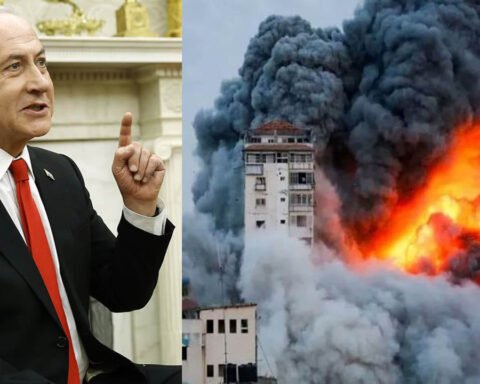Iran has made it clear once again: its uranium enrichment program is not up for debate. As talks with the United States remain stalled, officials in Tehran are standing firm, stating that their ability to produce nuclear fuel is a national right—and not something to be bargained away at the negotiating table.
Speaking on behalf of the government, Iranian officials reiterated that the country’s nuclear activities are intended solely for peaceful purposes, such as energy production and medical use. But the message was also unmistakably political: Iran is not prepared to compromise on what it views as a matter of sovereignty and scientific advancement.
“The enrichment of uranium is part of our lawful nuclear program,” said an Iranian government spokesperson during a recent press briefing. “We have no intention of using this technology for anything other than peaceful objectives. However, our right to pursue and maintain this capability is not something we will negotiate.”
The statement comes amid renewed efforts by Western powers, particularly the United States, to revive stalled nuclear talks. These efforts aim to bring both countries back into compliance with the 2015 Joint Comprehensive Plan of Action (JCPOA), the landmark agreement that placed limits on Iran’s nuclear program in exchange for sanctions relief.
Also Read; Trump Open to New Deal with China
But since the U.S. withdrew from the deal in 2018 and reimposed sweeping sanctions, relations have worsened. Iran, in turn, has scaled back its commitments to the deal, increasing its uranium enrichment levels and building up its stockpile—actions that have raised alarm in Washington and European capitals.
Despite the pressure, Iran appears to be weathering the economic fallout. The Central Bank of Iran recently reported a 4% growth in GDP, largely driven by its non-oil industries and domestic manufacturing. Officials have also pointed to growing trade ties with regional partners as evidence that the country is adapting to life under sanctions.
Still, there are signs that Tehran may be open to dialogue—on its own terms. Senior diplomats have indicated Iran is willing to return to the table, but only if the U.S. lifts sanctions first and acknowledges Iran’s nuclear rights as defined under international law.
While both sides remain publicly entrenched in their positions, behind-the-scenes discussions are reportedly continuing, albeit at a cautious pace. For now, Iran’s message is firm: enrichment is not a threat, but a right—and not something it’s ready to give up.







